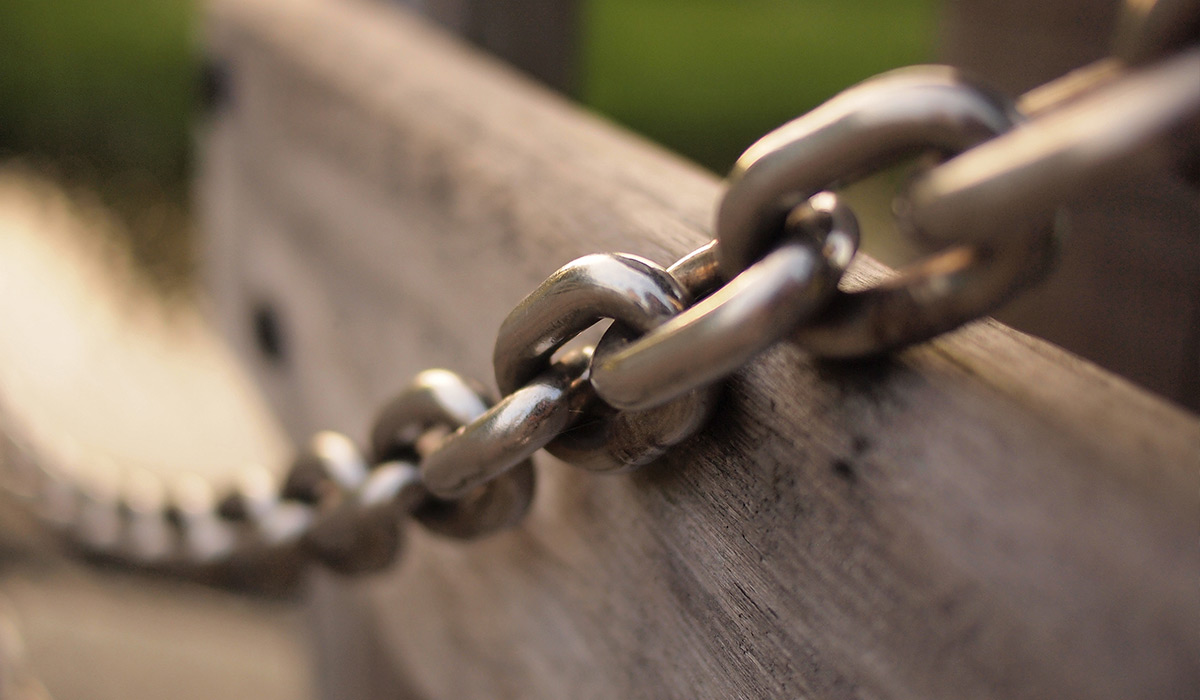How Do I Trust My Memory?

On this week’s podcast, Dan continues our series on Story by addressing another question he commonly receives from people interested in joining a Story Workshop: How do I trust my memory? What if the way I remember an event is not what really happened? It’s a legitimate question, even a kind and righteous question, says Dan, rooted in a desire to know and tell the truth.
“But the question itself betrays an assumption we make about memory—that if memory is true, it is accurate to a degree that it would actually be comparable to watching a videotape. […] That’s not the way memory occurs. It’s not the way we even remember what we ate or who we were with for last evening’s meal. […] No memory holds a kind of videotape accuracy.”
No memory holds a kind of videotape accuracy.
Dan draws from neuroscience research, reflecting on the social nature of memory and the relationship between the level of adrenaline during an event and the accuracy of our memory of that event. If we do not share a memory, or if there was not sufficient adrenaline to engrave it, then it will pass like any other event.
“When a memory becomes personally traumatic, an inconceivable harm that at the moment is disastrous and disruptive, at some level you can’t manage what the data brings you, and it literally begins to shut down your frontal lobe. […] You’re not able to integrate the sense data, and therefore what gets organized is actually incoherent. There’s a logical narrative that’s fragmented, and what’s left are sensory impressions, emotional traces—it’s simply not a story for most people.”
Exploring and sharing a story requires confronting the bias that we hold against painful memories. We tend to minimize our stories rather than hold an open posture to discovering the impact of the story and how it has shaped who we are today.
“There is no one-to-one relationship between memory and what occurred. But if there is a natural tendency, the tendency is not to exacerbate, intensify the harm that one endured, it’s actually quite the opposite. Our stories are mitigated. If they’re not erased, they’re minimized so that they become more tolerable to us.”
Our stories are mitigated, minimized so that they become more tolerable to us.
To engage our stories more fully, we must ground ourselves in pictures, videos, and other artifacts that help spark our memories, and we must confront two crucial questions: What do I fear in coming to face what I remember? And what do I gain if my story is told more fully, more truthfully, with more heartache and depth?
“Asking that two-sided question—What do you lose? What do you gain?—begins the process of allowing ourselves to study, to ponder the nature of the stories that we know have at least some significant impact on who we have become. […] In the interplay between remembering and imagining, we are working by implication to create a trajectory, a sense of the movement of our story and what that movement brings—not just to the past, but to who I am today. That question is so much more important than the question of ‘Is this memory accurate? Is it true?’”
In coming weeks, Dan will continue this series by discussing the fear of what we might discover in our stories and the ability to come to peace with stories that we despise. If you are intrigued by this conversation and want to begin the beautiful work of diving into your own story, we invite you to join us for the upcoming Story Workshop, April 20-22 in Denver, CO.
